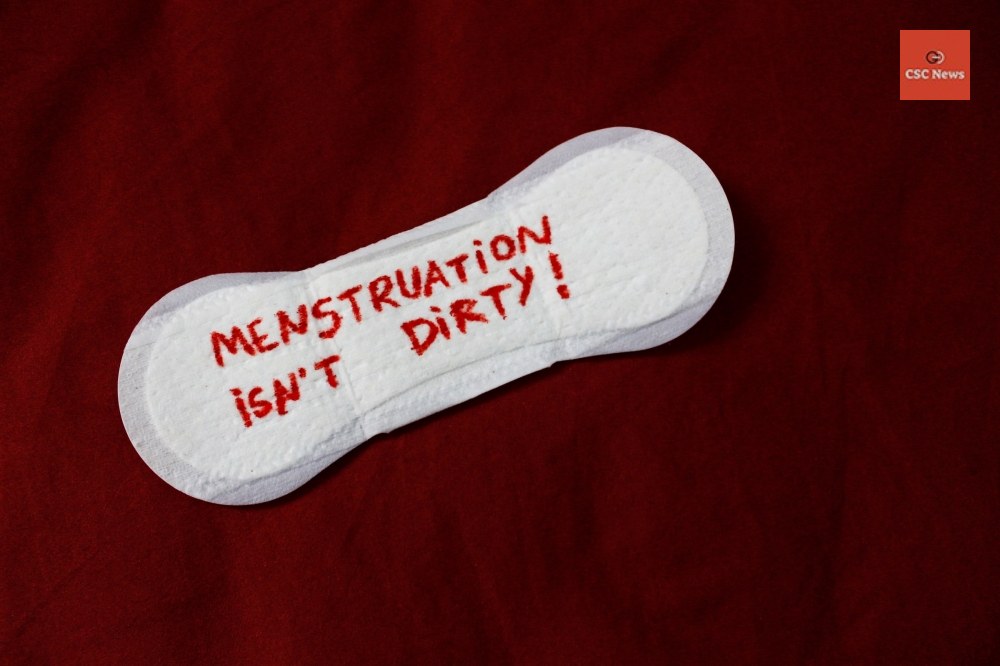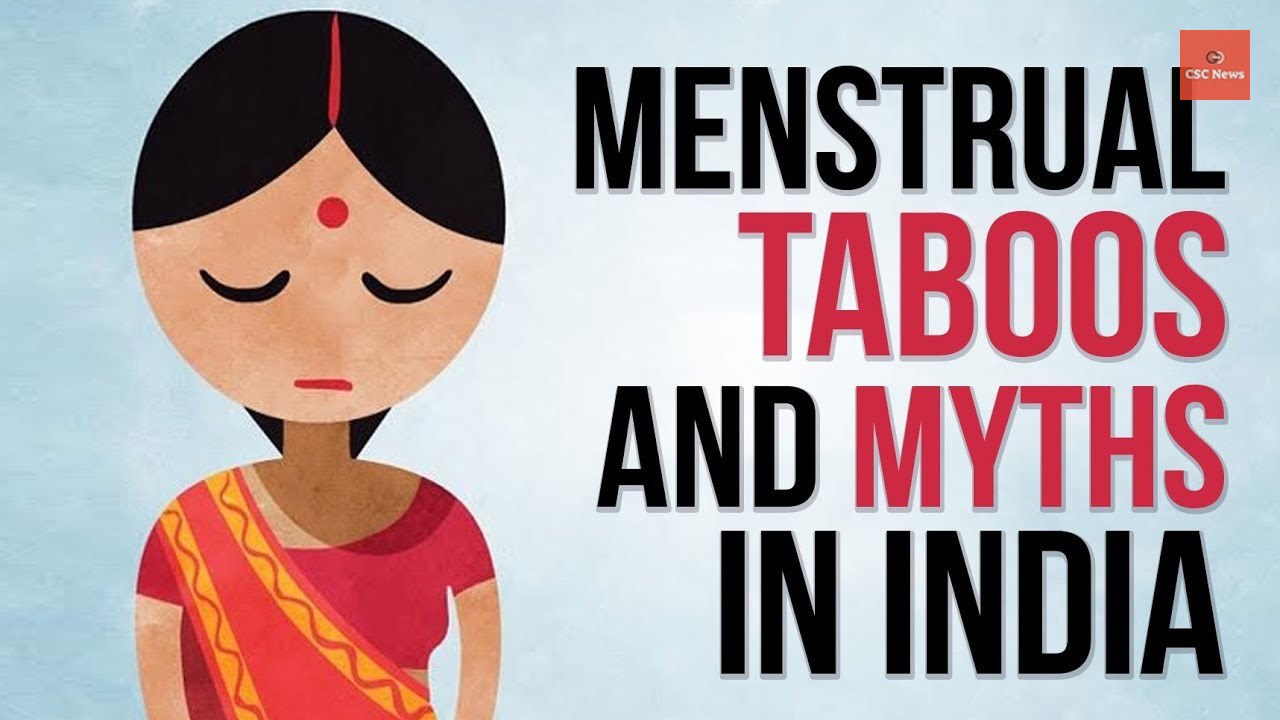Menstruation is a regular occurrence event exclusive to girls. It has always been a taboo subject in India for a long time, and it remains an outlawed term in Indian culture today. India has the tag of the conserved state in the world, and due to this conservatism, the girls and women of this country have faced so much mental stigma, shame, and exclusion from a male-dominating society. This problem has severed due to the absence of proper reproductive health awareness in girls.
Introduction
Menstruation is a natural reproductive cycle in women in which blood exits from the uterus through the vagina. This process starts in girls, somewhere in the range of 11 to 14 years old age when they are at the onset of puberty, and lasts up to 5-7 days and varied individually. The ‘period’ term came from Western communities. That is how nature signals to us that a girl is transforming into a woman, and that is how this world has been reviving for centuries, thanks to this natural phenomenon. But due to centuries-old traditions and implications, this phenomenon has turned into a taboo and secret subject that no one wants to discuss openly.
Menstruation myths in India
India is a holy place where Goddesses have been worshiped for centuries and worshiping them has been rooted in our traditions, but mensuration remains a taboo that no one wants to talk about. Women are considered impure and dirty in this cycle of the month. These myths originated in Vedic times when the god Indra killed Vritas, a Brahamana, and this guilt of slaying a pure soul was taken by women. But from the scientific point of view, a period is just a follow-up process in case of a missed pregnancy cycle.

During the menstruation cycle, women are subjected to many restrictions related to their daily chores. In urban areas, menstruating women cant enter “puja ghar” while in rural areas, they are prohibited to touch or cook food for the family. According to Indian culture, women are unhygienic and impure amid mensuration so they can’t touch holy books or chant them as it may affect their health negatively. Cooking food for the family while mensuration turns the fresh food bad. Scientifically, none of the above cultural beliefs have been proven right.
In menses, bodily fluids excreted from women are considered pollutants. Water is considered to be the best medium for purification in India. This clarifies the myth, of why women are not allowed to take a bath during mensuration so that pollutants do not get involved in the water. It is also believed in rural areas that if a mensurating girl or woman touches the cow then the cow will become infertile.
Impact of these myths on women’s life

- Women have to undergo deep mental, physical and emotional turmoil. In India, 23 % of school-going girls drop out due to this cultural stigma.
- Women can’t perform religious rituals that are very common in Indian society.
- 75 % of the women don’t use sanitary napkins and resort to ash, old rugs, wet mud, newspapers, or other methods to help the absorption.
- Due to the lack of conversation, adolescent girls do not know menstruation until they get it themselves. It is a rarity in the west but very common in Indian households because Indian parents do not prepare or educate their daughters well before puberty hit them.
Strategies to break myths related to menstruation in India

- The government of India has scrapped the 12 % tax imposed on sanitary napkins in 2018 to make them affordable to everyone. Per capita income in India is very low and it is further low in rural areas than the average per capita income of the country. So these people can’t afford sanitary napkins for their ovulating daughters. Removing sanitary napkins from the taxable product has eased the problem to some extent.
- Imparting the knowledge regarding menstruation to adolescent girls is the main key here. There should be educational programs to educate minor girls about periods well before they get one. Parents, especially mothers should educate their girls on a personal level.
- Menstruation should not be considered a cultural taboo and there should be an open dialogue about it. It should be considered a natural and healthy process.
Final takeaways
India is a developing nation and soon it will find itself standing among the developed countries. To grow globally, Indians must let go of their age-old beliefs and conservatism. Menstruation should be just considered a biological and natural process in women’s life and nothing more than that. It also needs to normalize the taboo in our society and culture. A multi-dimensional approach is the need of this hour. It is a long fight but we will win it surely.

What are your views on this? Kindly comment in the comment box down here.
